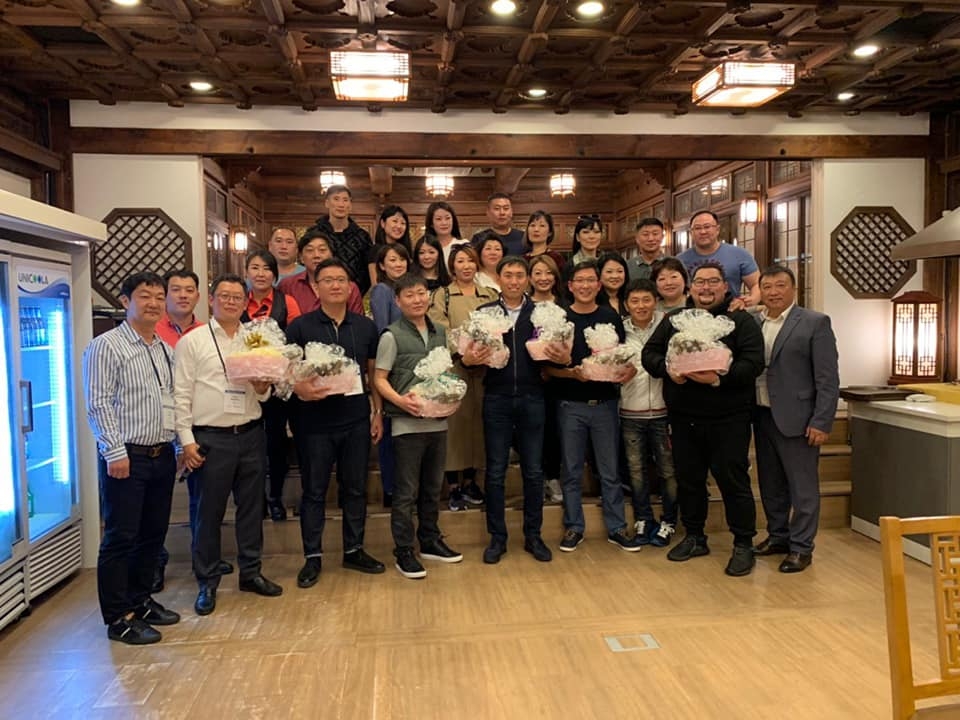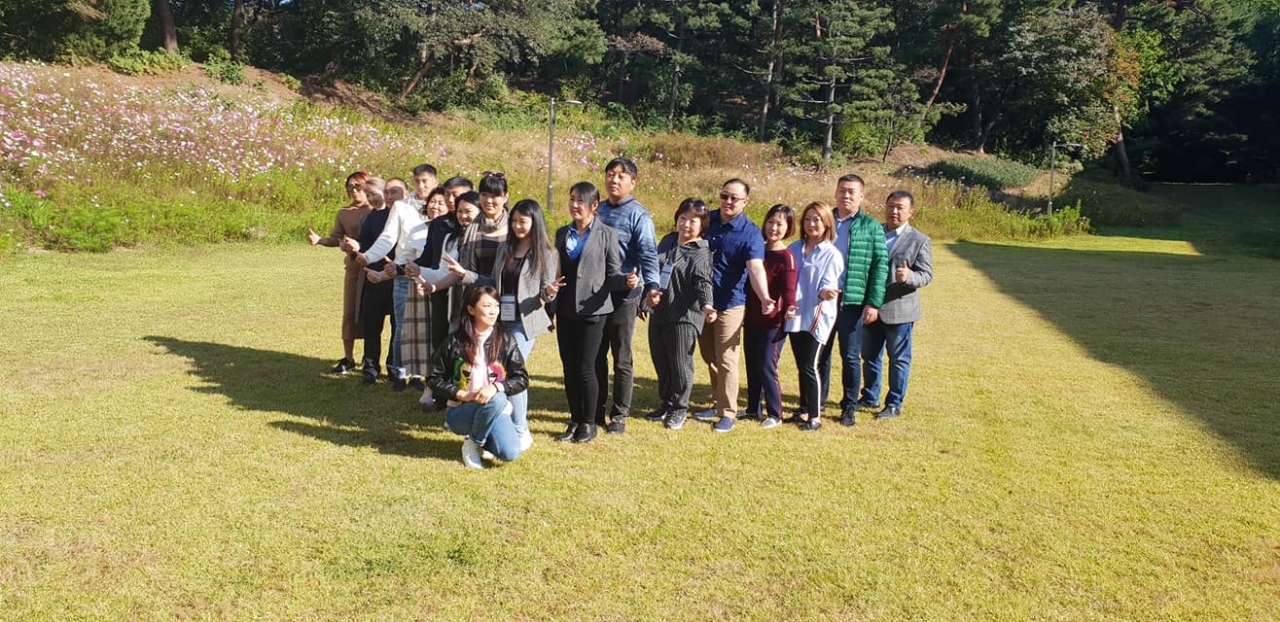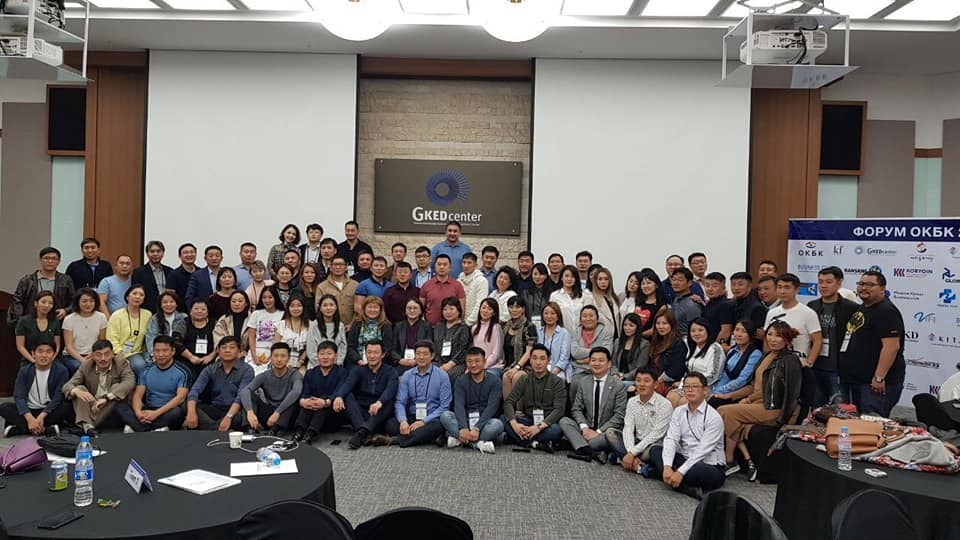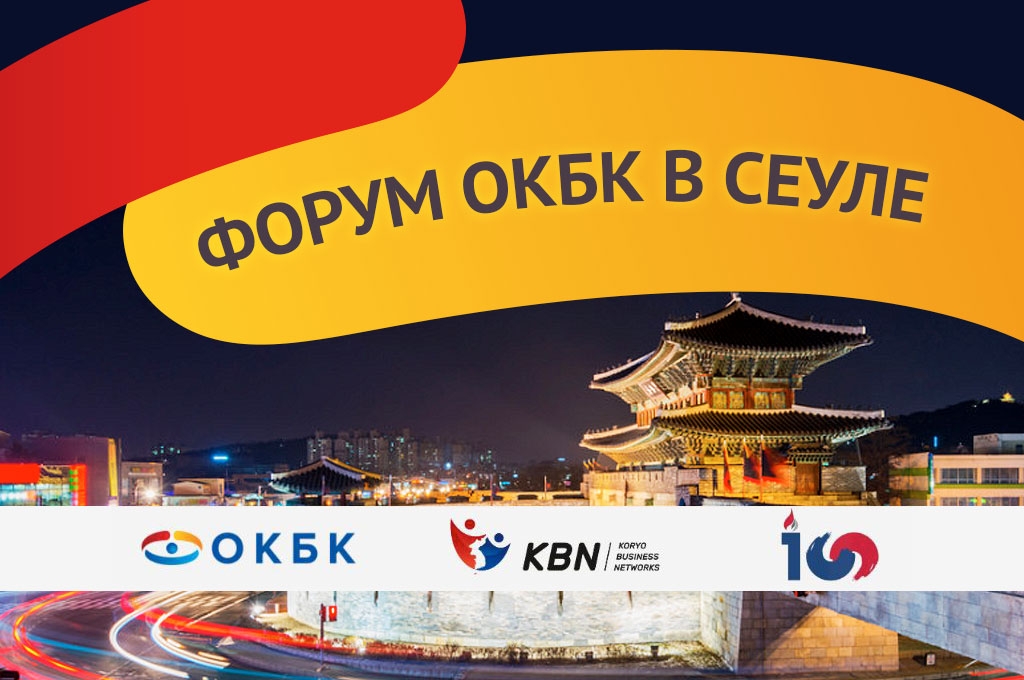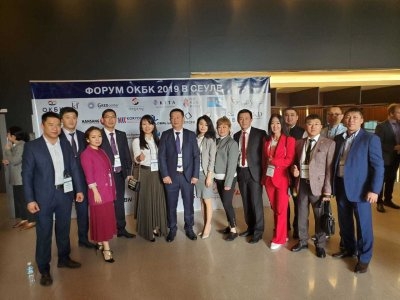
Forum UKBC in Seoul
From October 17 to 20, the UKBC Forum was held, which was attended by eight Business clubs from five countries. The forum was first held in Seoul. Entrepreneurs from Russia, Kazakhstan, Uzbekistan, Kyrgyzstan and the Republic of Korea met in Korea.
In a welcoming speech, KITA's Executive Director of the Korea International Trade Association, Sin Seung Gwan, noted that the Russian Federation and the Republic of Korea annually conduct a Russian-Korean business dialogue and intensify exchanges between businessmen of the two countries. Shin expressed hope that foreign ethnic Koreans will play the role of a bridge that will connect the companies of the Republic of Korea with Russia and the CIS.
Forum Goals:
- Raising the spirit of the Korean people, dedicated to the 100th anniversary of the struggle for independence, self-identification;
- The unification of Koreans from among businessmen on one site, regardless of country of residence;
- Business networking. Mini exhibition;
- Conducting tours and seminars on the topic: 4th Industrial Revolution. #Miracle on the Hangan River;
- Teambuilding, lectures, seminars.
Participants who arrived from Russia, Belarus, Uzbekistan, Kyrgyzstan, Ukraine, discussed the situation in the field of trade, economic, investment and other areas of cooperation between their countries with South Korea.
Following the meeting, a memorandum of understanding was signed between UKBC CIS and the Korean International Trade Association KITA. In the document, the parties announced their intention to cooperate to develop mutually beneficial ties between Russia, other CIS countries, and the Republic of Korea.
After the event, UKBC Chairman Dmitry Kim spoke about the organization’s objectives and its role in developing cooperation between Russia and Korea.
What do you see the role of UKBC in terms of developing economic and other areas of cooperation between Russia / CIS countries and South Korea?
Dmitry Kim: UKBC is primarily a platform for communication and acquaintance of people who have common interests aimed at developing ties with Korea. As a result of the interaction of the participants, we get to know each other better, find partners in business and other areas, and get the opportunity to implement joint projects then. Besides, we help each other enter various areas of business in each of the countries where we live. I believe that UKBC -is the type associations that have a future, as such structures can significantly reduce time and save effort when implementing business projects.
What, in your opinion, should be done at the current stage to intensify Russian-Korean cooperation?
Dmitry Kim: First of all, it is important to create a financial infrastructure. The process of contracting and financing should be made easier. In my opinion, it is necessary to open a structure such as a Russian-Korean export-import agency. Also, as it seems, it is important to create a commission for the resolution of conflicts and disputes, as well as an information infrastructure that would help to find business partners.
What results do you expect from the current forum in Seoul?
Dmitry Kim: I hope that this event will allow us to express ourselves in the international arena, in various circles of the Republic of Korea, to show that we are a working structure and are ready for cooperation. I also certainly hope that we will all be able to make useful contacts, contacts that will help in the future in work, that is, to use modern language, to conduct networking.
What is the attitude of the Korean partners about Russia?
Dmitry Kim: Obviously, there is great interest in cooperation on both sides. At the same time, in practical and legal terms, there are quite a few problems that small and medium-sized businesses often cannot solve on their own and relying solely on their resources, including financial ones. In general, everyone wants - that is, representatives of Russia, that Korea - simple and understandable business rules. This will significantly enhance mutually beneficial cooperation and joint activities.
